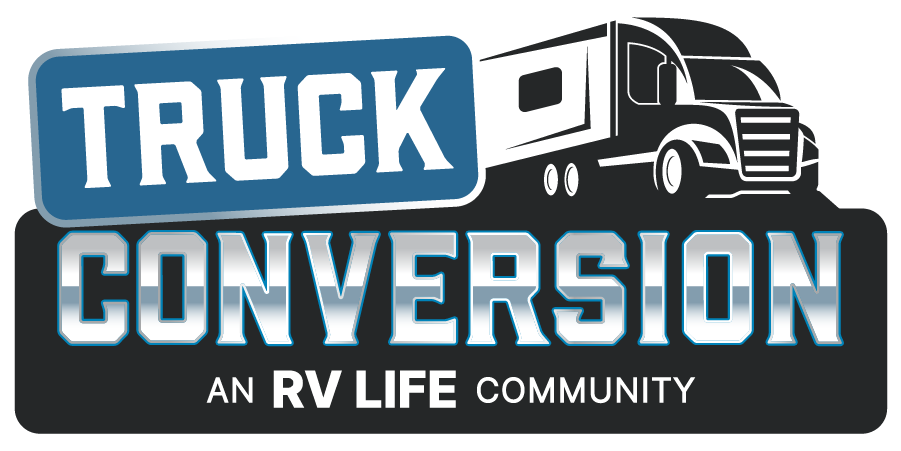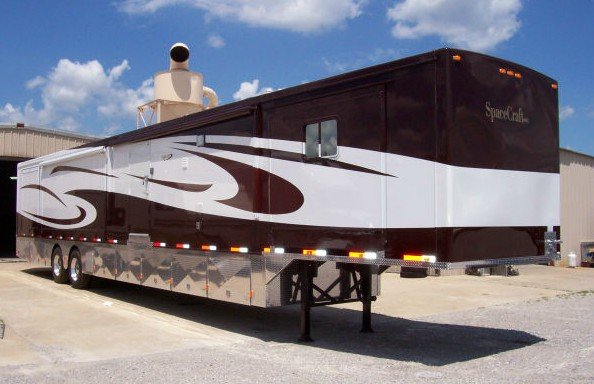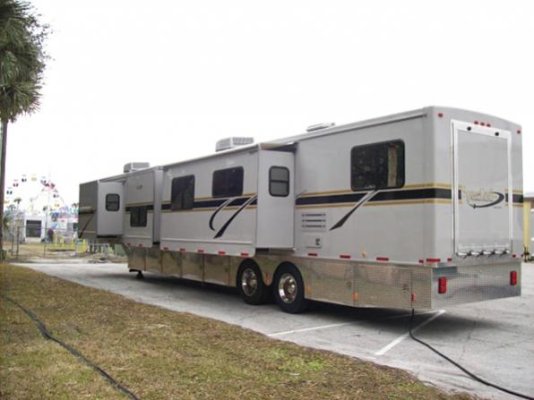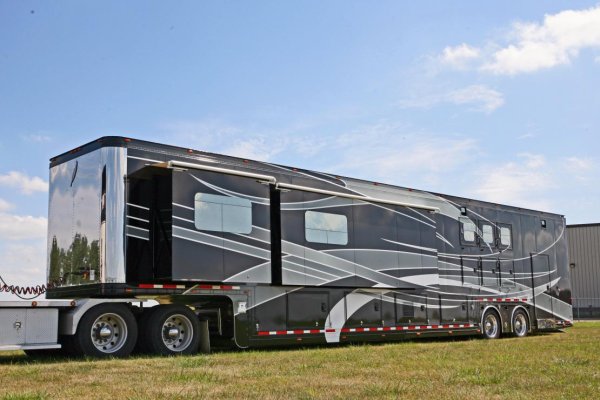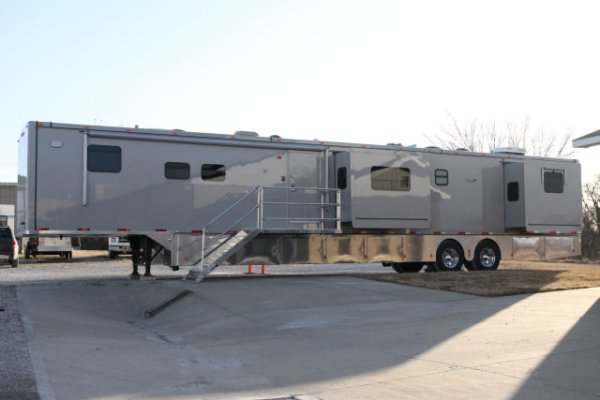danbru1989,
I agree 100% on the quality of production RV's for the most part is seems the only difference from budget RV to top of the line is fancier finishes secured to same cheesy construction. I have toured many RV factories and quite a few custom truck conversion facilities, and hands down the custom guys build a superior product. With the quirky ideas and layout I am looking for its hard to find a company to build what I want for a price I can afford so I will be a self build project. I do have the advantage of working as a designer in the commercial modular building industry, and experience with fabrication, but still going to be a big project. Starting with an existing trailer will give you a huge head start, just remember the little trips to the box store for hardware will add up in a hurry, ask anyone one here that has built their own, plan on more time and money.. but you get the bragging rights of saying you did it your self.
I can not find the code reference for Washington for some reason, but when i was looking into rules for converting a commercial tractor to an RV, you had to have 4 out of 7 items that belong in an RV, i.e. fridge, running water etc, and the commercial 5th wheel plate had to be removed (OK to replace with a RV style hitch or goose ball) This was supposedly to prevent the truck from being connected to a commercial trailer. (Washington does have an antique truck registration which is exempt from CDL or commercial use, but I believe that the vehicle has to be on the way to or from some type of show.) I have seen several other states, UT, OH, NC that seem to follow the removal of commercial 5th wheel thinking. Florida I believe will not allow any type of hitch on a tractor conversion, motor home use only. There are some rules that are exempt if you are registered in a different state and just passing thru, but that does not mean you wont be stopped and harassed. The maximum length for trailer and combination are not subject to reciprocity, and you can be ticketed for being over length even if OK in your home state. The HDT guys have a website with listings for the requirements for converting a tractor to haul a fiver for most states
State Listing of HDT Registrations | Heavy Haulers RV Resource Guide and Good Sam club has a site with listings for max trailer, combination and width for each state
https://www.goodsamcamping.com/plan/SizeLimits.aspx Lots of states are 45 feet or less on the trailer, Good info on conversions for each state is hard to find, and most times the state agencies are not familiar with the rules themselves.
